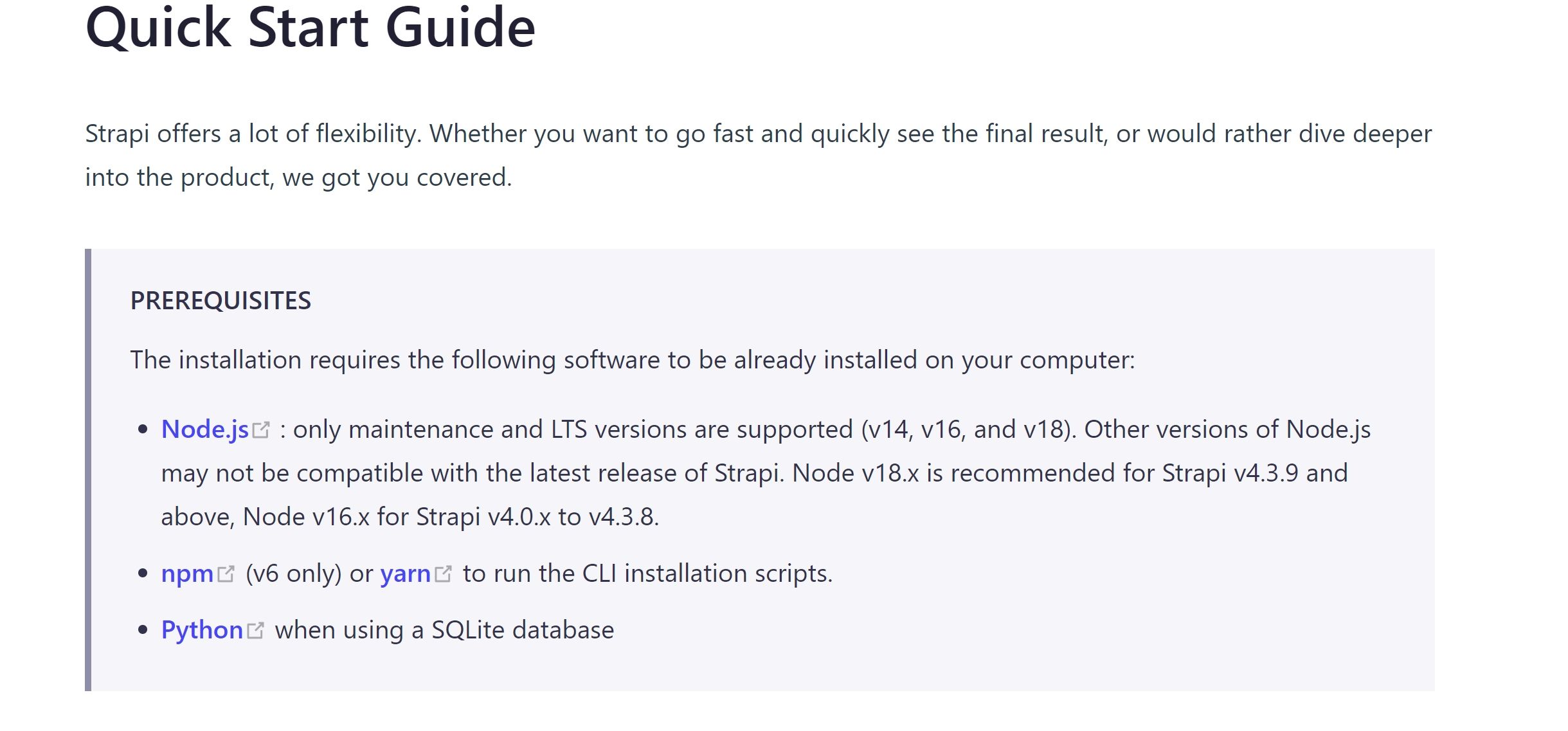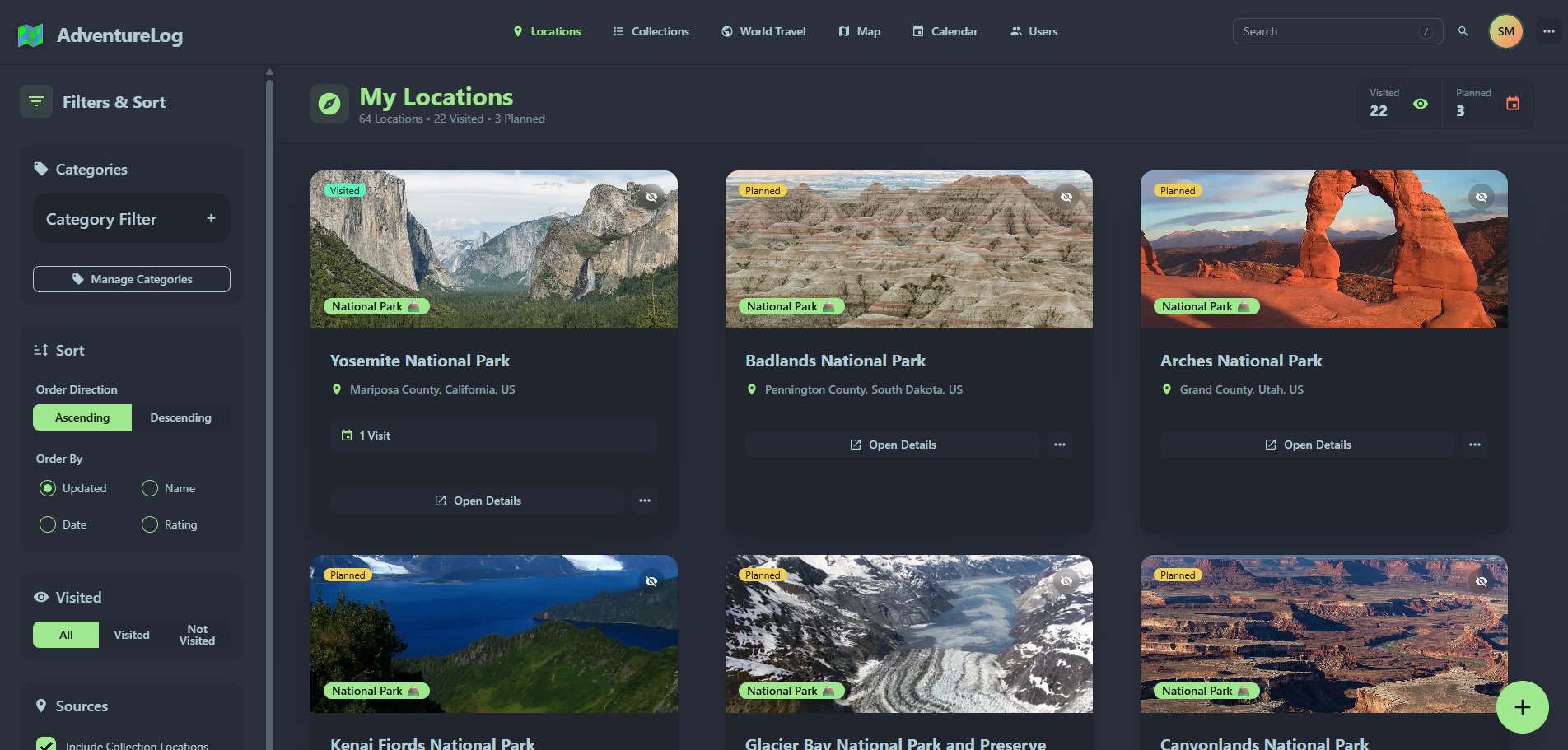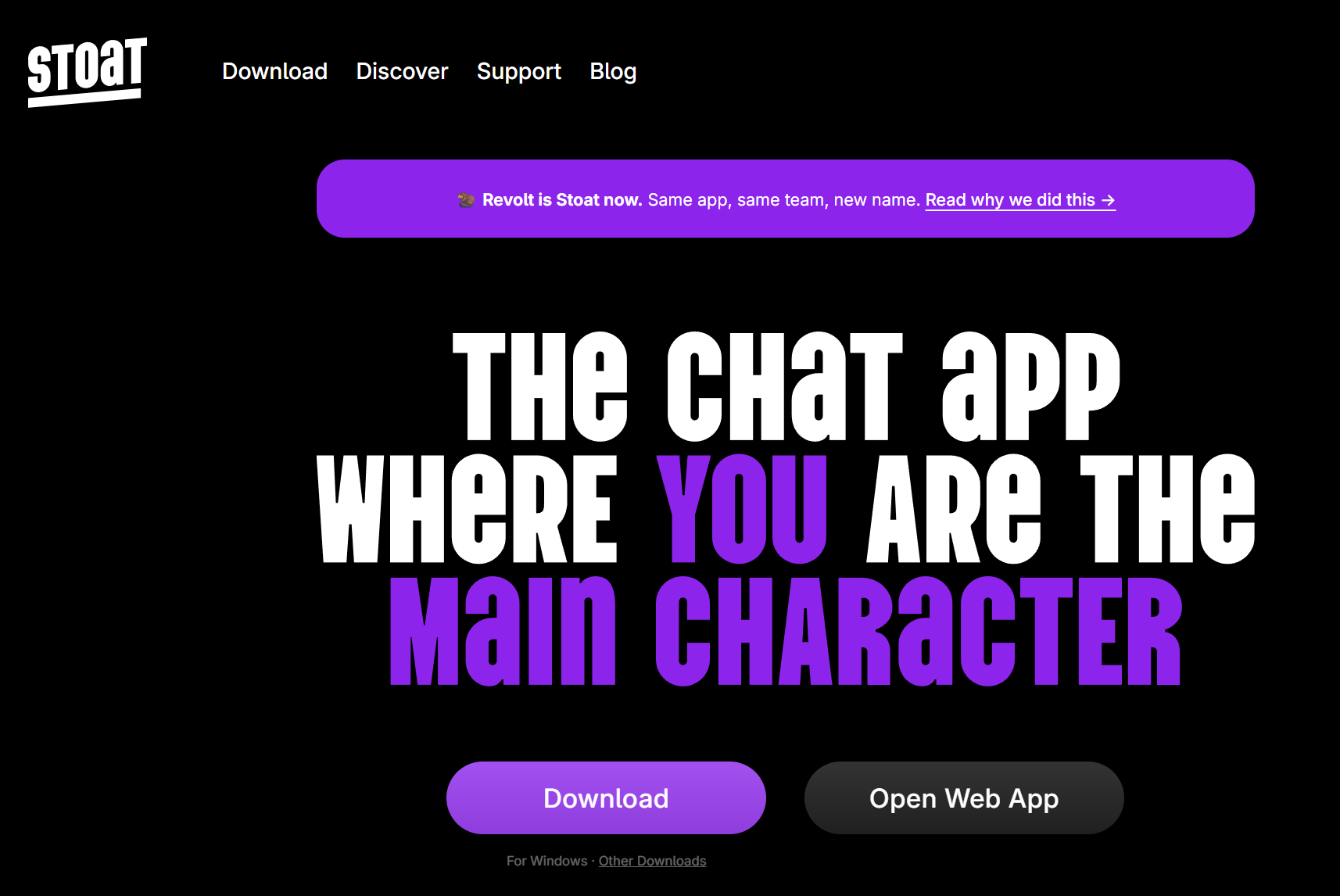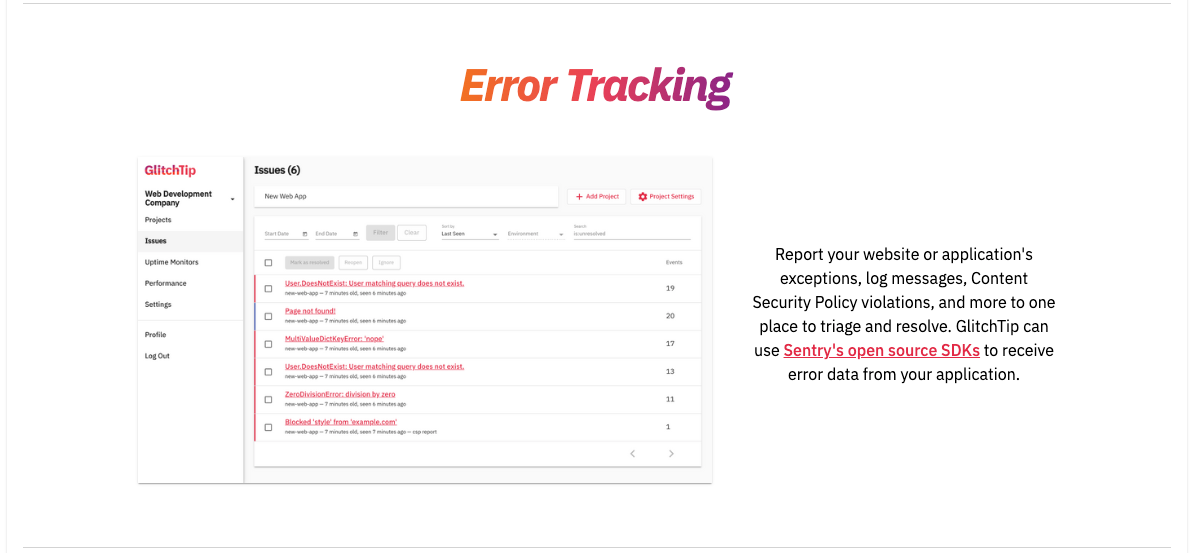Webtrees was a great suggestion for genealogy way back then and today it stands as the most active and fully featured project amongst its contenders. Here is a quick ai summary:
Strongest Fully Featured Alternative with Most Active Development
Based on the latest metrics as of December 7, 2025, Webtrees stands out as the strongest fully featured open-source genealogy program among the alternatives (Ancestris, Webtrees, GeneWeb, and Genea.app), particularly when prioritizing both comprehensive features and the highest level of ongoing development effort. Here's a quick rationale, followed by a comparison update incorporating fresh data.
Why Webtrees?
Fully Featured: It rivals Gramps in depth, supporting full GEDCOM import/export for seamless data migration, advanced editing (individuals, families, sources, media like photos/documents), privacy controls, interactive charts/maps, and real-time collaboration—making it ideal for both solo researchers and shared family projects. Unlike lighter tools, it handles large trees with database-backed storage and media merging during updates.
Most Work Happening: It shows the highest momentum with 676 stars, 332 forks, and over 20,777 total commits on GitHub. The last commit was just yesterday (December 6, 2025), with frequent updates in late 2025 (e.g., PHP 8.5 compatibility fixes and translation enhancements in November/December). This indicates a vibrant, multi-contributor ecosystem (historically 100+), far outpacing the others in visible activity and community engagement.
Edge Over Others: While Ancestris is a close second for desktop users (recent v13 release on Nov 30, 2025, with 1,200+ commits in 18 months), its SVN-based development lacks the transparent, high-velocity GitHub metrics of Webtrees. GeneWeb is steady but dated in interface and metrics (363 stars, no recent commit details). Genea.app lags with minimal activity (245 stars, sparse updates).
If you prefer a pure desktop experience like Gramps, Ancestris is nearly as robust and actively maintained—but for overall strength and dev hustle, Webtrees wins.
Updated Comparison Table (Dev Effort Focus)
Alternative
Fully Featured Highlights
Dev Metrics (Dec 2025)
Activity Level
Webtrees
GEDCOM/media/editing/privacy/collaboration/charts
676 stars, 332 forks, 20,777 commits; last commit Dec 6, 2025; daily updates
Highest: Frequent commits, broad contributor base
Ancestris
30+ tools (editors/trees/maps/analysis); modular/GEDCOM
v13 release Nov 30, 2025; 1,200+ commits (18 mo.); daily v14 builds via SVN
High: Steady releases, community forums
GeneWeb
Database mgmt/conversion/plugins; web/offline
363 stars, 111 forks, 9,894 commits; active mailing list
Moderate: Consistent but slower pace
Genea.app
Visual GEDCOM editing/Git sync; serverless
245 stars, 56 forks; limited recent commits
Low: Small team, infrequent updates
For setup, Webtrees is self-hosted (easy with Docker) and free forever. Dive in via GitHub or site. If this doesn't fit, clarify your priorities (e.g., desktop vs. web)!





